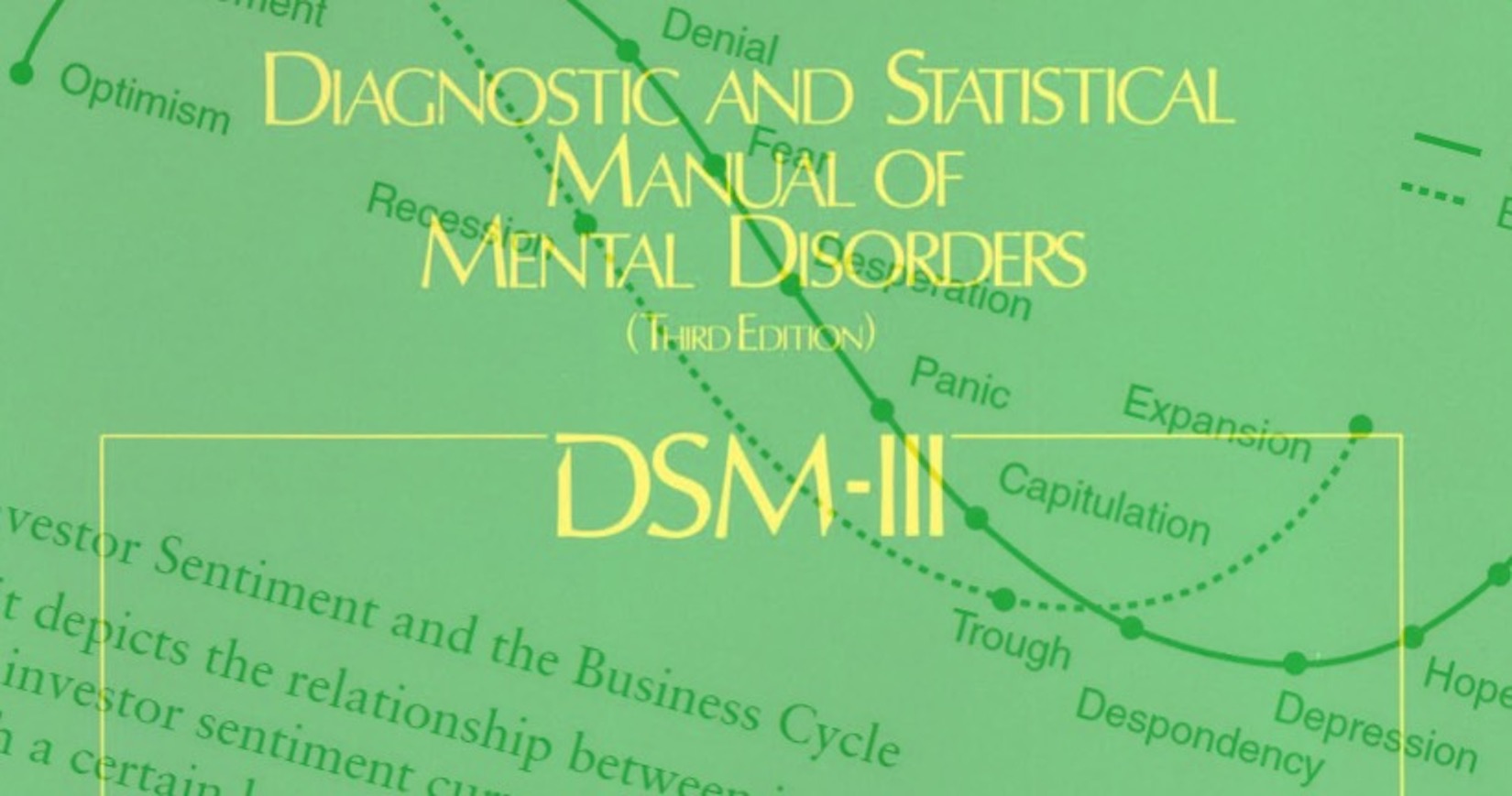Crisis Tendencies: Contemporary Fiction and the Political Economy of Mental Health After 1980
Michael Mahoney
English
UC Irvine
Since the 1980 publication of the third edition of The Diagnostic and Statistical Manual of Mental Disorders (DSM-III), there has been a substantial and ongoing transformation in the way that psychiatric disorders have been classified, understood, and diagnosed. My dissertation, Crisis Tendencies: Contemporary Fiction and the Political Economy of Mental Health After 1980 attends to these ongoing clinical transformations as features of an evolving and historically novel account of social and emotional personhood that is deeply embedded within the movements of capital– and one, I argue, that literary narrative bears the capacity to throw into relief. While earlier versions of the DSM utilized a framework of psychoanalytic and psychodynamic classifications and diagnostic assumptions about the underlying causes and trajectories of various disorders, the 1980 DSM-III marked a sharp break with its predecessors by turning to the observable and empirical, rather than the personal and subjective, symptoms of mental illness– a turn that ultimately rewrote the entire process of clinical diagnosis and that gave foothold for a highly profitable industry of psychopharmaceuticals. My project thus asserts that concomitant stylistic and narrative developments in literary fiction provide a unique and invaluable lens onto these transformations– one that not only gives insight into the private structures of experience associated with these illnesses, but also one that crucially allows us to see how the clinical history of contemporary mental illness is deeply embedded within the history of capital.

